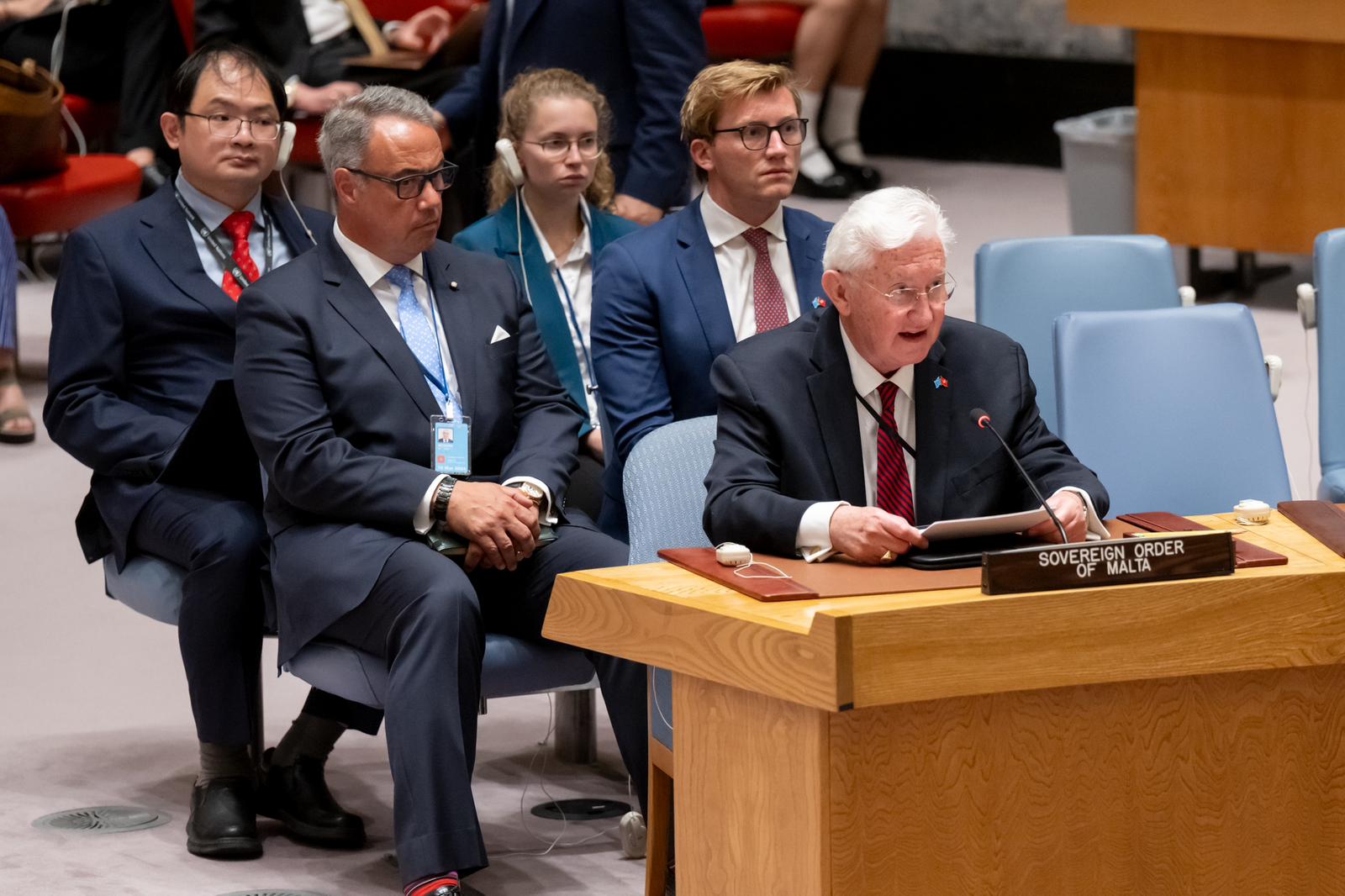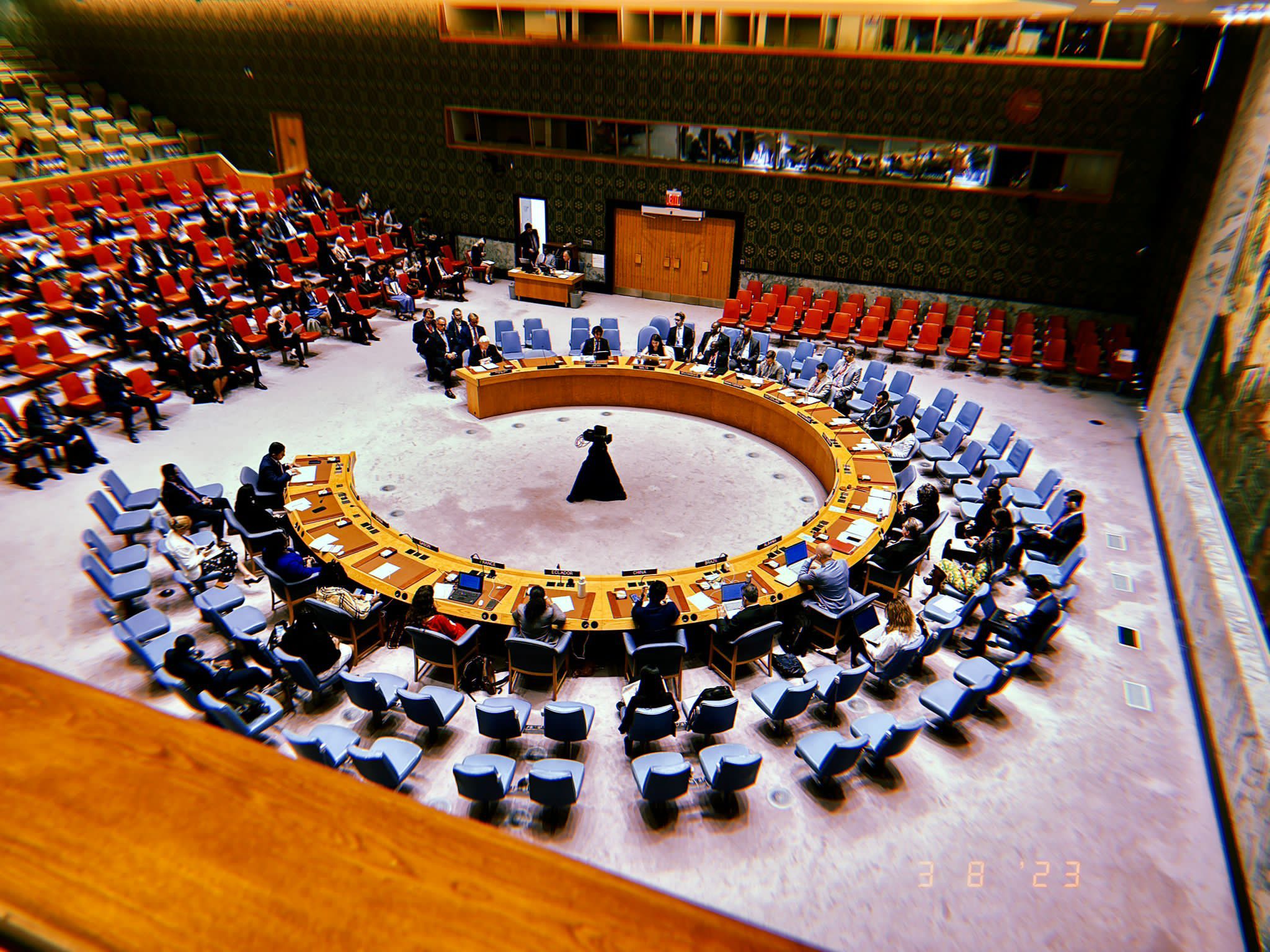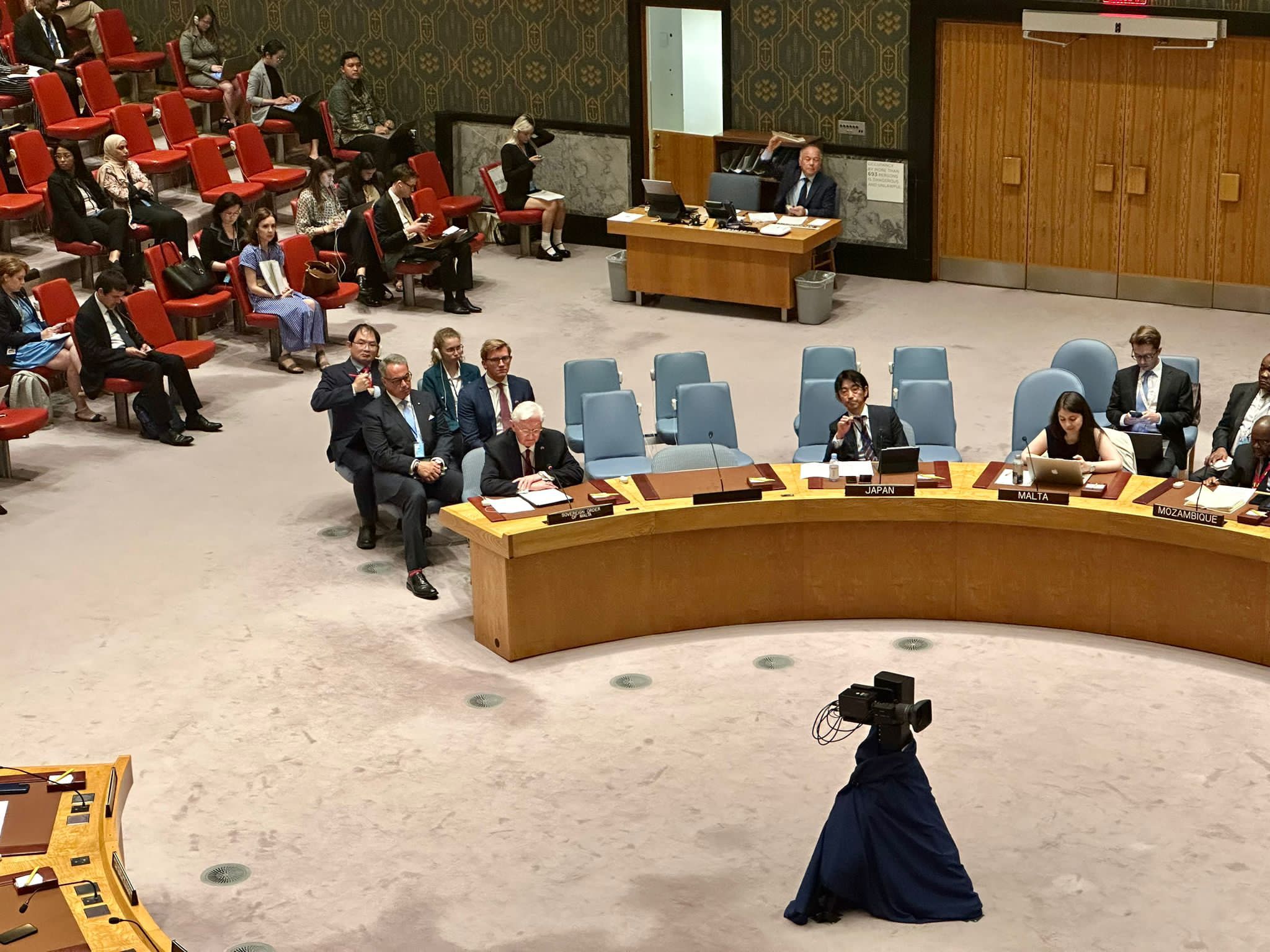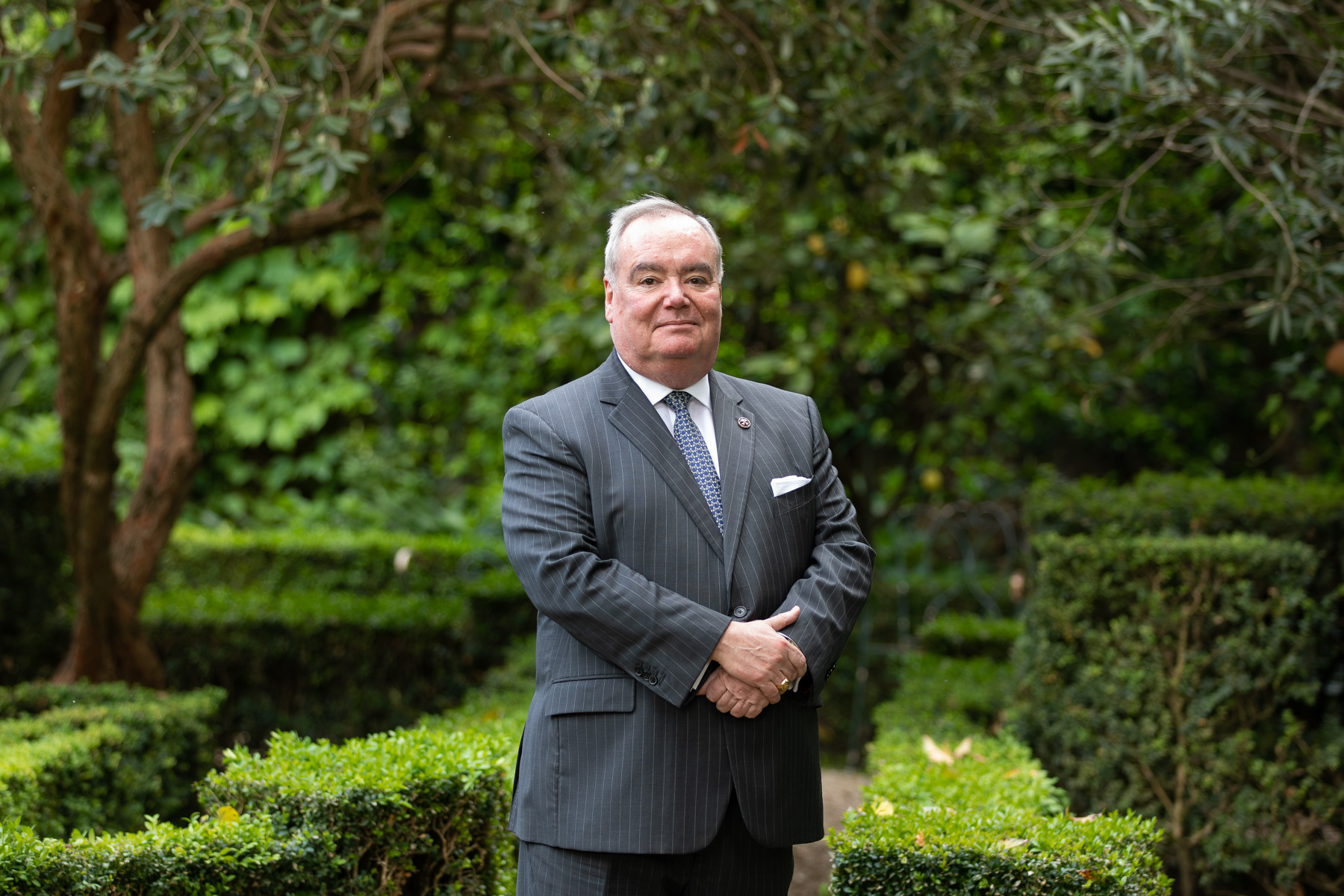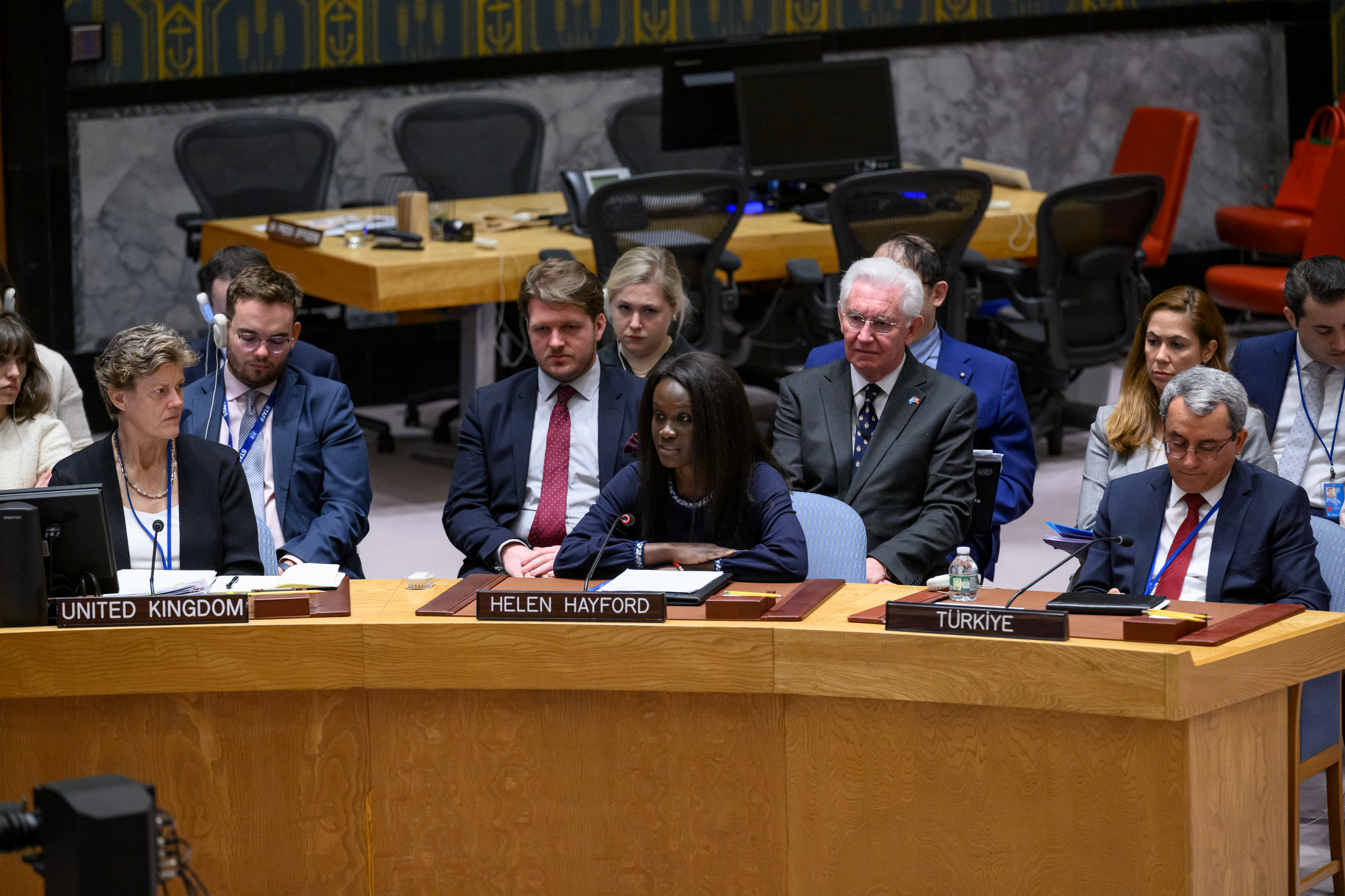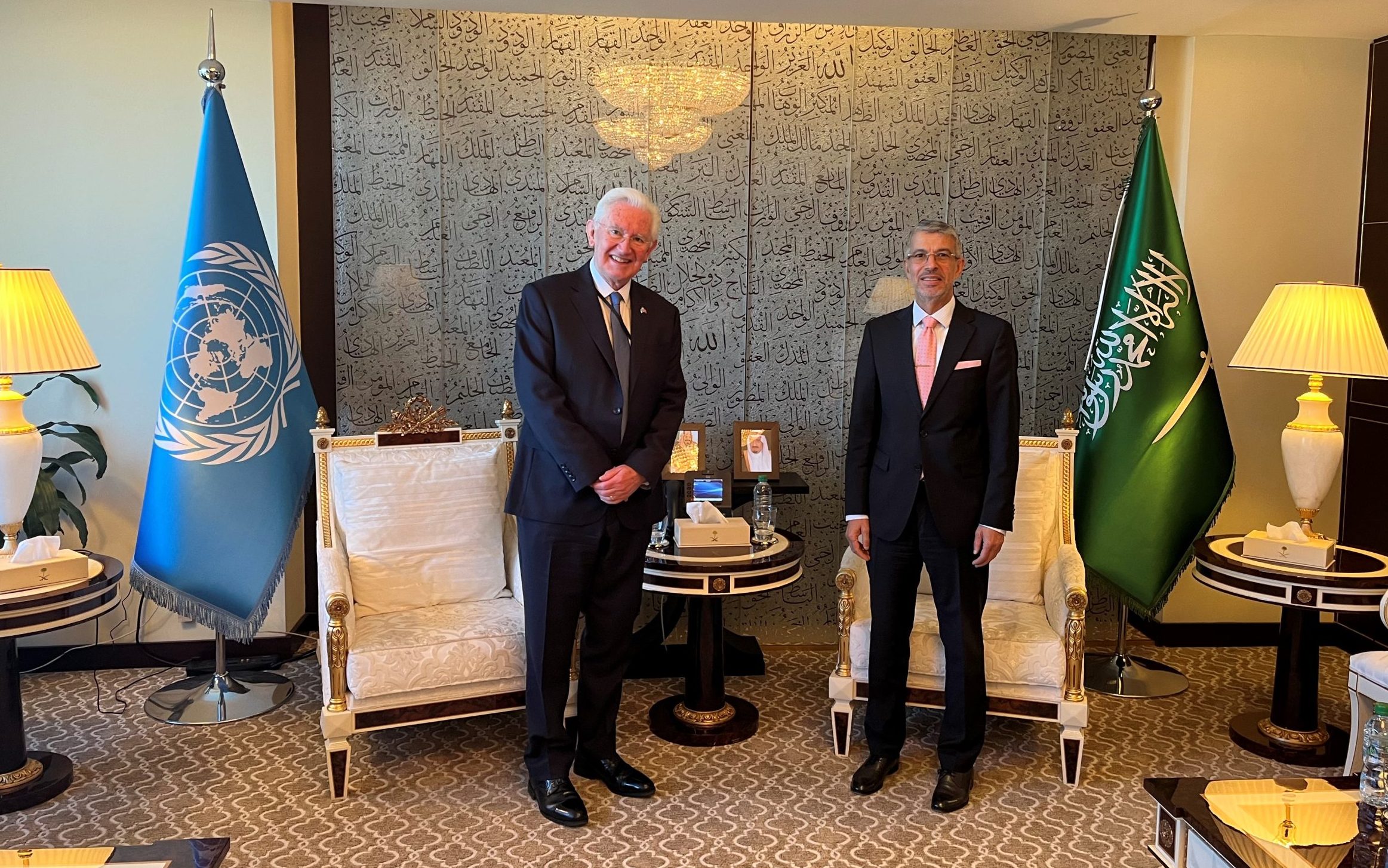With great honor and for the third time since the Order’s recognition as Permanent Observer to the United Nations, the Delegation, led by H.E. Ambassador Beresford-Hill, addressed the U.N. Security Council.
The focus of this gathering, held by the Permanent Representative of the United States to the United Nations and chaired by U.S. Secretary of State, H.E. Mr. Anthony J. Blinken, was a high-level open debate centered around the pressing issues of famine and global food insecurity resulting from conflicts around the world.
During the discussion, H.E. Amb. Beresford-Hill focused on the Ukrainian conflict and how the collapse of the Black Sea Initiative has posed significant obstacles to humanitarian efforts in the Middle East and Africa. His Excellency noted that the Initiative’s breakdown led to a rise in wheat prices globally, impacting food supplies and affordability. As our Grand Chancellor noted at the UN Food System Summit in Rome last week, the disruption in food chains caused soaring food prices, with some countries experiencing a 70% increase, exacerbating inflationary pressures. Many African countries heavily depend on imports from Ukraine and Russia to meet their cereal demand.
The Order of Malta’s food distribution operations in Ethiopia, Kenya, and South Sudan have been severely affected by rising expenses from sourcing agents and distribution, nearly doubling operational costs. His Excellency also pointed to the fact that these developments have triggered urgent humanitarian responses, with Kenya experiencing urban protests and fatalities due to food price increases, while a drought emergency in northern Kenya has left 5.4 million people in dire need of food aid, but only a fraction of the required funding has been raised so far.
Furthermore, the breakdown of the Initiative has had far-reaching consequences, worsening food security issues and adding to the burden on affected populations seeking medical assistance due to malnutrition. The thin line between nutrition and healthcare becomes evident, as illness and loss of life from starvation strain aid workers and medical providers striving to build sustainable futures in developing nations. The events in South Asia from 1970 to 1974 illustrate how inadequate preparedness and post-crisis care for natural disasters and conflicts resulted in approximately 2 million lives lost due to undernutrition and starvation. The recent collapse of the Initiative raises concerns about a potential humanitarian disaster if not promptly addressed. Maintaining an affordable food supply chain through grain imports is crucial to prevent a catastrophic surge in sickness. Addressing dehydration and malnutrition is essential to tackle the mounting medical assistance challenge.
In closing, H.E. Amb. Beresford-Hill drew upon the powerful words of Pope Francis, “I appeal to my brothers, the authorities of the Russian Federation, so that the Black Sea initiative may be resumed and grain may be transported safely.”

